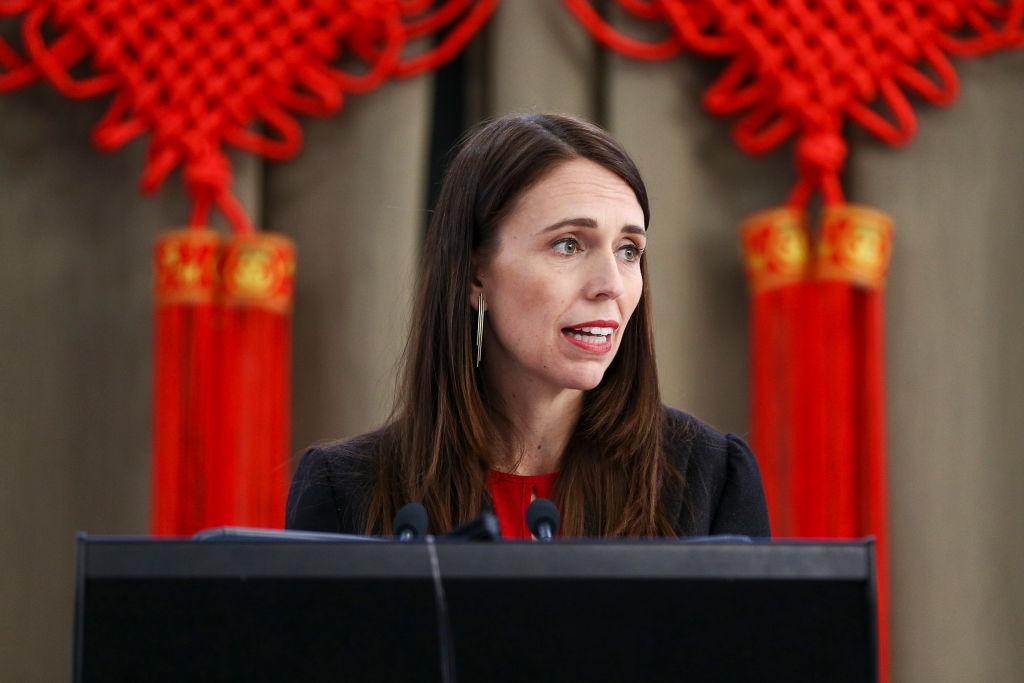A China expert says the New Zealand (NZ) government has been “too subtle” in its approach to recalibrating its relationship with Beijing, which has opened it up to criticism from allies, partners, and commentators who haven’t noticed.
Anne-Marie Brady, a political science and international relations professor from the University of Canterbury, says the NZ government has sought to pursue an independent foreign policy while readjusting its China policies as it seeks to maintain a positive relationship with the communist regime.





